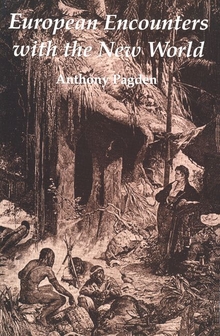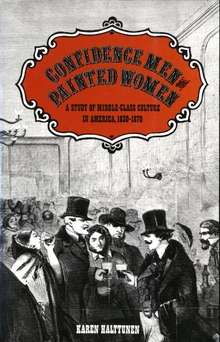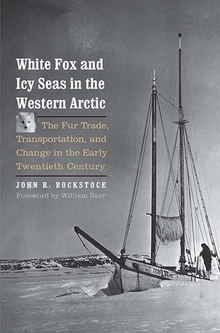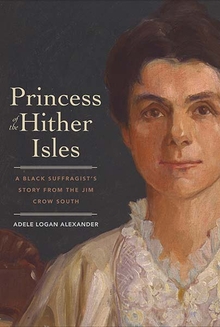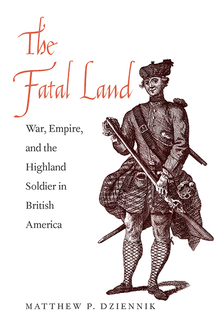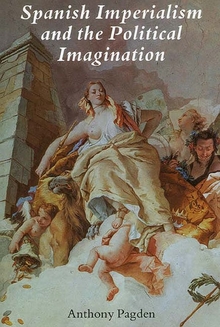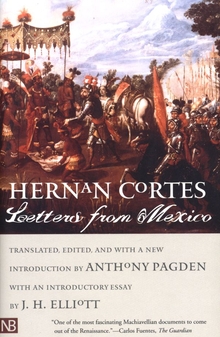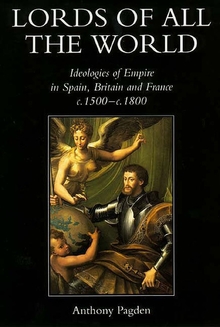European Encounters with the New World
WARNING
You are viewing an older version of the Yalebooks website. Please visit out new website with more updated information and a better user experience: https://www.yalebooks.com
From Renaissance to Romanticism
Anthony Pagden
Pagden explores the strategies used by Columbus and the early chroniclers of America to describe a continent and its inhabitants so deeply unfamiliar to Europeans that they seemed hardly to be real. He looks at how, in the seventeenth and eighteenth centuries, Europeans reacted in different ways to these descriptions. Some, like the Prussian explorer and naturalist Alexander von Humboldt, declared that scientific understanding before the oceanic voyages had advanced by slow steps and that the encounter with America had invigorated Europeans to make new discoveries in many directions at once. Other Europeans, particularly Enlightenment and Romantic figures, argued fiercely against the whole process of colonization and acculturation in the Americas. French philosophe Denis Diderot, for example, felt that the European experience of America had led to an increased familiarity with all that was potentially strange and unusual—the creation of a global village—and that this had resulted in a steady decline in that sense of wonder that was the principal incentive for all scientific inquiry. The German philosopher Johann Gottfried Herder proposed that all cultures must recognize their essential alienness and that the single world culture that colonization and commerce had helped to create must be allowed to revert to its natural condition of plurality. In an exploration of these and other responses, Pagden throws a vivid new light on the intellectual consequences of Europe's encounter with the Americas.
"It is one of the great virtues of Anthony Pagden's impressive new book, European Encounters with the New World, that he eschews the easy answers and seeks to unravel, with subtlety and sophistication, the complicated strands of thought that helped to determine Europe's shifting attitudes tot the alien world of America. . . . Writing with elegance and lucidity. . . . Those who stay the course . . . should find their efforts amply repaid. . . . He is capable of finding fresh things to say. . . . Pagden is particularly good on the role of language in attempts at cross-cultural understanding."—J. H. Elliott, New York Review
"Lacks nothing in rigor and sophistication, but it is a helpful, if selective, guide to specialists and non-specialists alike."—Glyndwr Williams, Times Higher Education Supplement
"Compelling . . . taut debates about its [the New World] impact on the social and cultural concepts of the Renaissance and the Enlightenment."—David Birmingham, History Today
"This is cultural history at its most intelligent and suggestive."—The Observer
"An exciting book. . . . Pagden has a passionate and tragic story to tell."—Felipe Fernández-Armesto, London Review of Books
"Pagden's attempt to analyze the full significance of the 'impact' of Europe on America, and vice versa, is an ambitious undertaking. Being the gifted writer that he is, he succeeds admirably. . . . An illuminating and complex book that merits a careful reading to fully reap its benefits."—Daniel Castro, Cithara
"A fascinating book concerning the ways in which European experiences arising from encounters with the New World shifted thought and vision. . . . [A] thoughtful and very well-written book."—Choice
"[Pagden] effectively shows that the European record of America is always a record of the European imagination itself, never a transparent document of the places described. Even when knee-deep in the Amazon, the explorers of the New World are always up to their ears in the currents of the old. . . . Because the "Old" World read the "New" but was also rewritten by it, Pagden's wide ranging and learned study contributes to our understanding of both continents."—Daniel Pick, The European
"A sophisticated, densely argued . . . analysis of the attempt of Europeans to grapple with the challenge of newness and with the problem of cultural commensurability. It is a formidable essay in intellectual history."—Alistair Hennessy, Times Literary Supplement
"This book is an impressive critique of a complex subject that illuminates a timeless dilemma."—Thomas R. Wessel, Science News and Films
"Pagden's densely researched book in an impeccable exercise in historiography. . . . Each chapter of this wonderful book sets up . . . tessellations of enquiry."—Victoria Neumark, Times Educational Supplement
"An impressive chronicle of the way in which Columbus's discovery—and the elevation of Columbus himself into a figure of symbolic importance—provoked such a radical process that might be characterized as the move from a collective to an individual society."—D. J. Taylor, The Sunday Times, London
"Pagden is an impressive scholar. His strength is the clarity with which he handles his formidable material, the patience with which he provides the intellectual context, and the sensitivity with which he dissects the ideas of those who were involved in colonizing the New World."—Ziauddin Sardar, The Independent
"Pagden's scholarly and fascinating book is an exploration of the impact of the New World on the moral and intellectual identity of the Old."—Isabel Hilton, The Independent on Sunday
Publication Date: March 23, 1994

